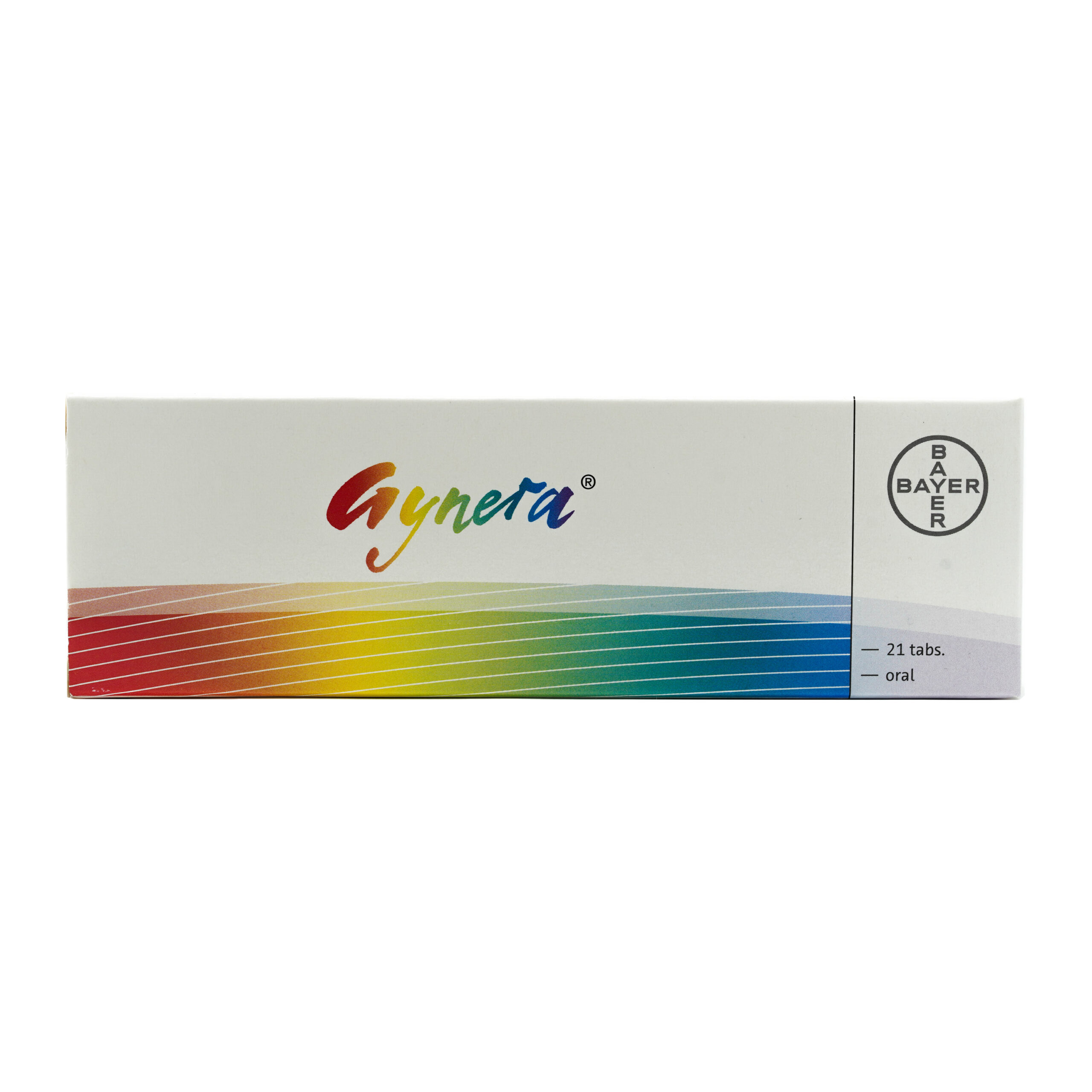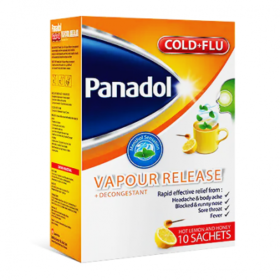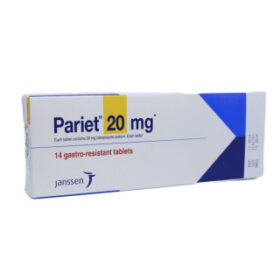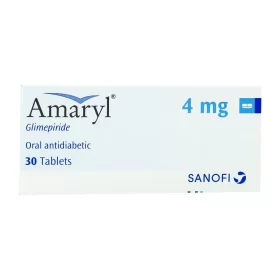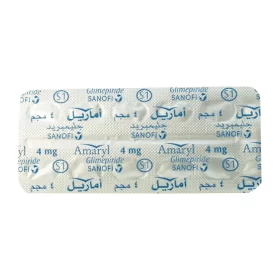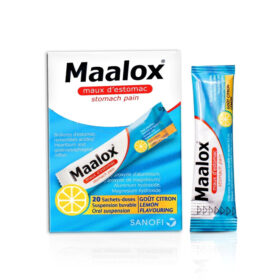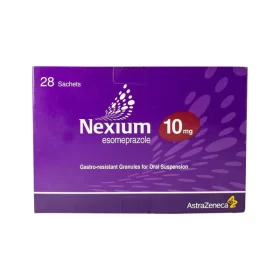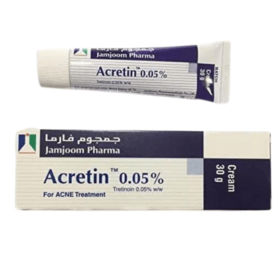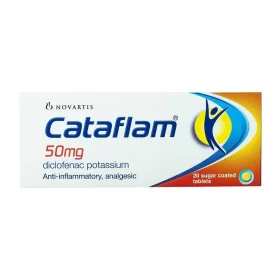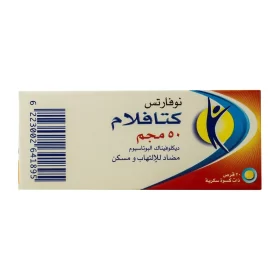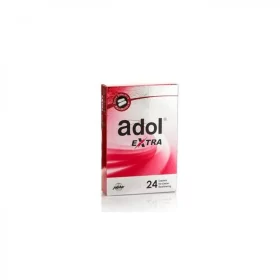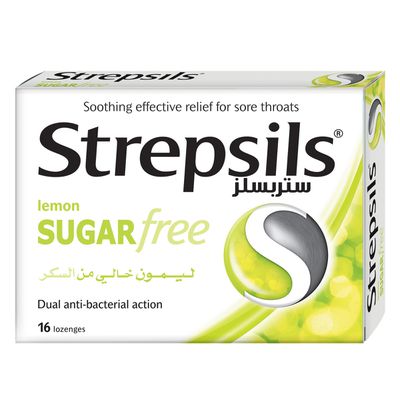- Your cart is empty
- Continue Shopping
Gynera 0.03 mg 21 Tablets
124 EGP
Ethinylestradiol, Gestodene tablets 20/75 micrograms, 30/75 micrograms
What Ethinylestradiol, Gestodene is and what it is used for:
This medicine is a combined oral contraceptive and belongs to a group of drugs which is frequently called “the Pill”. It contains two types of hormone: an oestrogen, named ethinylestradiol and a progestogen type, named gestodene.
These hormones stop the ovary from releasing an egg each month (ovulation). They also thicken the fluid (mucus) at the neck of the womb (cervix) making it more difficult for the sperm to reach the egg, and alter the lining of the womb to make it less likely to accept a fertilised egg. Medical researches and vast experience have shown that, if taken correctly, the Pill is an effective reversible form of contraception.This medicine, like other hormonal contraceptives, will not protect you against HIV infection (AIDS) and other sexually transmitted diseases. Only condoms can do this.
How does the Pill work?
The combined contraceptive pills contain hormones which are equivalent to those that your body produces (oestrogen and progestogen). These hormones help to prevent you from getting pregnant, just as your natural hormones would stop you from conceiving again when you are already pregnant.
The combined contraceptive pill protects you against getting pregnant in three ways:
• You will not release an egg to be fertilised by sperm.
• The fluid in the neck of your womb thickens so it is more difficult for sperm to enter.
• The lining of your womb does not thicken enough for an egg to start to grow in.
What you need to know before you use Ethinylestradiol, Gestodene:
Do not use Ethinylestradiol, Gestodene:
Tell your doctor if you:
• if you have (or have ever had) a blood clot in a blood vessel of your legs (deep vein thrombosis, DVT), your lungs (pulmonary embolus, PE) or other organs;
• if you know you have a disorder affecting your blood clotting – for instance, protein C deficiency, protein S deficiency, antithrombin-III deficiency, Factor V Leiden or antiphospholipid antibodies;
• if you need an operation or if you are off your feet for a long time
• if you have ever had a heart attack or stroke;
• if you have (or have ever had) angina pectoris (a condition that causes severe chest pain and may be a first sign of a heart attack) or transient ischaemic attack [TIA -temporary stroke symptoms]);
• if you have any of the following diseases that may increase your risk of a clot in the arteries:
o severe diabetes with blood vessel damage,
o very high blood pressure,
o a very high level of fat in the blood (cholesterol or triglycerides),
o a condition known as hyperhomocysteinaemia;
• if you have (or have ever had) a type of migraine called ‘migraine with aura’;
• if you have or have recently had a severe liver disease;
• if you have ever had a liver tumour;
• if you have or have had a pancreatitis (an inflammation of the pancreas) associated with high levels of fatty substances in your blood;
• known or suspected pregnancy;
• if you have cancer affected by sex hormones – such as some cancers of the breast, womb lining or ovary;
• if you have vaginal bleeding that has not been explained by your doctor;
• if you are allergic (hypersensitive) to any of the ingredients in Ethinylestradiol, Gestodene .
• if you have hepatitis C and are taking medicinal products containing ombitasvir/ paritaprevir/ ritonavir and dasabuvir
Warnings and precautions:
You should let your doctor know:
• if you notice possible signs of a blood clot that may mean you are suffering from a blood clot in the leg (i.e. deep vein thrombosis), a blood clot in the lung (i.e. pulmonary embolism), a heart attack or a stroke
• If you have ever had problems with your heart, circulation or blood clotting.
• If you have diabetes.
• If you have ever had kidney or liver problems.
• If you have ever had severe depression.
• If you have ever had migraines.
• If you have had problems while pregnant or while using the pill, like:
o itching of the whole body (pruritus),
o jaundice which was not caused by infection,
o gall stones,
o systemic lupus erythematosus (SLE),
o a blister-like rash, called herpes gestationis,
o a hearing problem called otosclerosis,
o other rare conditions called porphyria and hereditary angioedema.
• If you have brown patches on your face or body (chloasma) – if so avoid too much exposure to the sun or ultraviolet light.
• If you have Crohn’s disease or ulcerative colitis (chronic inflammatory bowel disease).
• If you have systemic lupus erythematosus (SLE – a disease affecting your natural defence system).
• If you have haemolytic uraemic syndrome (HUS – a disorder of blood clotting causing failure of the kidneys).
• If you have sickle cell anaemia (an inherited disease of the red blood cells).
• If you have elevated levels of fat in the blood (hypertriglyceridaemia) or a positive family history for this condition. Hypertriglyceridaemia has been associated with an increased risk of developing pancreatitis (inflammation of the pancreas).
• If you need an operation, or you are off your feet for a long time
• If you have just given birth you are at an increased risk of blood clots.
• If you have an inflammation in the veins under the skin (superficial thrombophlebitis).
• If you have varicose veins.
Other medicines and Ethinylestradiol, Gestodene
Tell your doctor or pharmacist if you are taking, have recently taken or might take any other medicines.
Some medicines may stop Ethinylestradiol, Gestodene from working properly. These include medicines used for the treatment of:
• epilepsy (primidone, phenytoins, phenobarbital, carbamazepine, oxcarbazepine, topiramate, felbamate, modafinil);
• tuberculosis (rifampicin);
• HIV infection (ritonavir, nelfinavir, nevirapine, efavirenz);
• Hepatitis C virus infection (e.g., boceprevir, telaprevir);
• other infectious disease (e.g., griseofulvin);
• high blood pressure in the blood vessels of the lungs (bosentan);
• depressive moods (the herbal remedy St. John’s wort).
غير متوفر في المخزون
CompareEthinylestradiol, Gestodene tablets 20/75 micrograms, 30/75 micrograms
What Ethinylestradiol, Gestodene is and what it is used for:
This medicine is a combined oral contraceptive and belongs to a group of drugs which is frequently called “the Pill”. It contains two types of hormone: an oestrogen, named ethinylestradiol and a progestogen type, named gestodene.
These hormones stop the ovary from releasing an egg each month (ovulation). They also thicken the fluid (mucus) at the neck of the womb (cervix) making it more difficult for the sperm to reach the egg, and alter the lining of the womb to make it less likely to accept a fertilised egg. Medical researches and vast experience have shown that, if taken correctly, the Pill is an effective reversible form of contraception.This medicine, like other hormonal contraceptives, will not protect you against HIV infection (AIDS) and other sexually transmitted diseases. Only condoms can do this.
How to use Ethinylestradiol, Gestodene:
To prevent pregnancy, always take this medicine exactly as described in this leaflet or as your doctor, family planning nurse or pharmacist has told you. Check with your doctor, family planning nurse or pharmacist if you are not sure.
Take Ethinylestradiol, Gestodene every day for 21 days
Ethinylestradiol, Gestodene comes in strips of 21 pills, each marked with a day of the week.
• Take your pill at the same time every day.
• Start by taking a pill marked with the correct day of the week.
• Follow the direction of the arrows on the strip. Take one pill each day, until you have finished all 21 pills.
• Swallow each pill whole, with water if necessary. Do not chew the pill.
Then have seven pill-free day
Then start your next strip


